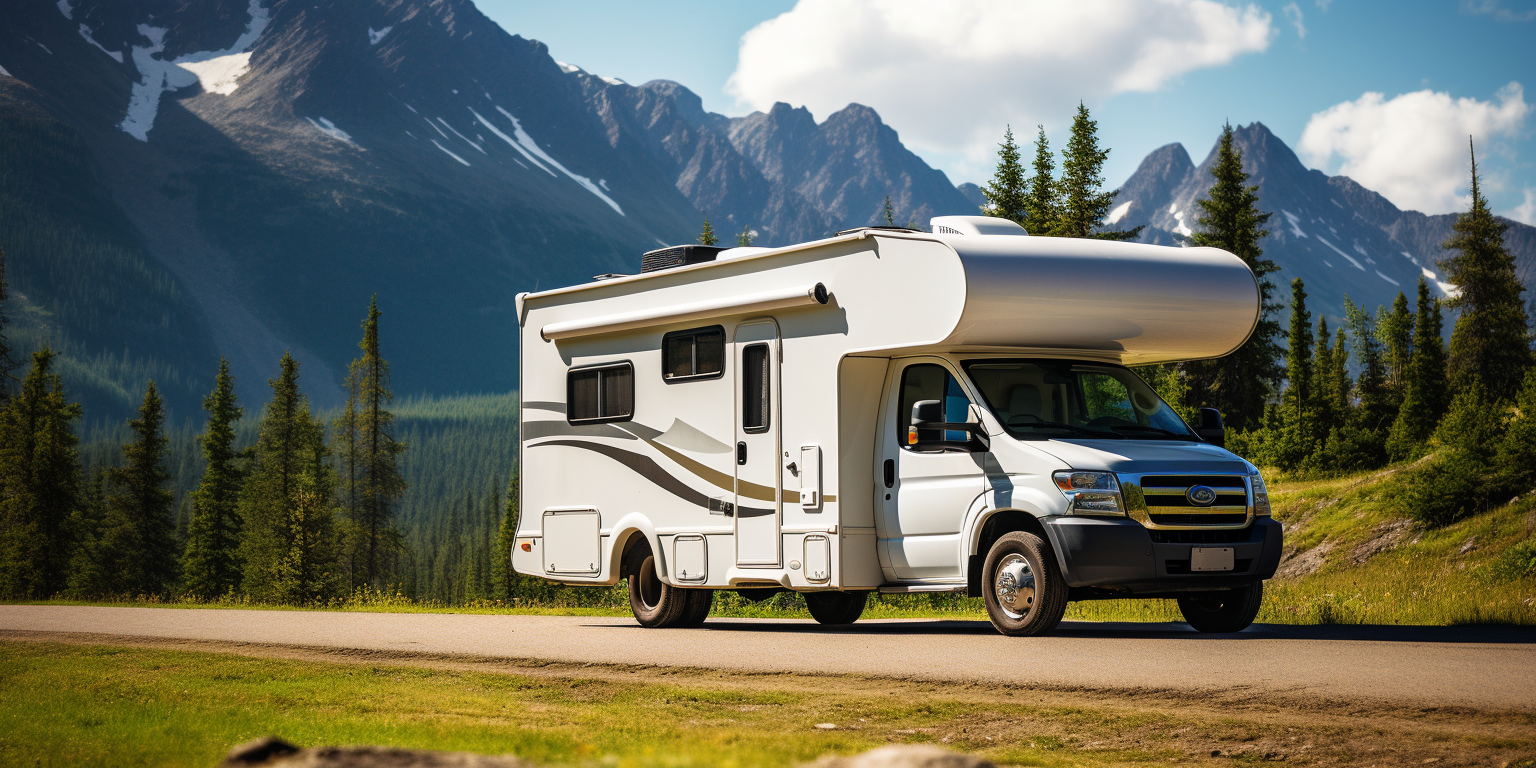Embarking on the journey of purchasing your first RV is an exciting and transformative experience. Whether you’re a weekend adventurer, a family seeking outdoor adventures, or a retiree looking to explore the open road, buying an RV opens up a world of possibilities for travel and exploration. However, navigating the process as a first-time buyer can be daunting. In this comprehensive guide, we’ll cover everything you need to know when you Purchase New RV, from choosing the right type and size to understanding financing options and essential considerations for a successful RV ownership journey.
1. Determine Your RV Needs and Lifestyle
Before diving into RV models and features, take time to assess your needs, lifestyle, and travel aspirations. Consider the following questions:
How Will You Use Your RV? Determine if you’ll be using the RV for weekend getaways, extended trips, full-time living, or occasional vacations.
Travel Companions: Consider the number of people and pets who will be traveling with you to determine the size and layout of the RV.
Destination Preferences: Think about the destinations you plan to visit, whether it’s national parks, campgrounds, scenic routes, or off-grid locations.
Budget and Financing: Establish your budget for purchasing and owning an RV, including upfront costs, maintenance, insurance, and campground fees.
2. Choose the Right Type of RV
RVs come in various types and sizes, each offering unique features and benefits. The main types of RVs include:
Class A Motorhomes: Large, luxurious RVs suitable for full-time living with spacious interiors and amenities.
Class B Campervans: Compact and versatile vans perfect for solo travelers or couples seeking mobility and simplicity.
Class C Motorhomes: Mid-sized RVs with a cab-over bunk area, ideal for families or small groups.
Travel Trailers: Towable RVs that range from compact teardrop trailers to spacious fifth wheels, offering flexibility and affordability.
Fifth Wheels: Towable trailers with a raised front section that hitches onto a pickup truck, providing additional living space and amenities.
Toy Haulers: Trailers or motorhomes with a garage area for transporting motorcycles, ATVs, or other gear, catering to adventure enthusiasts.
Choose the type of RV that best suits your needs, budget, towing capacity (if applicable), and desired amenities.
3. Research RV Brands and Models
Once you’ve determined the type of RV that fits your lifestyle, research different brands and models to find the right fit. Consider factors such as:
Quality and Reputation: Look for reputable RV manufacturers known for quality construction, durability, and customer satisfaction.
Floor Plans and Layouts: Explore floor plans that offer the desired amenities, sleeping arrangements, storage options, and living spaces.
Features and Upgrades: Consider optional features and upgrades such as solar power systems, entertainment systems, kitchen appliances, and comfort amenities.
Customer Reviews and Ratings: Read reviews and seek feedback from current RV owners to learn about their experiences with specific models and brands.
4. Inspect and Test Drive
Before making a purchase, thoroughly inspect and test drive the RV to ensure it meets your expectations and requirements. Pay attention to the following areas:
Exterior Condition: Check for signs of wear and tear, leaks, damage, and overall condition of the exterior components, including the roof, siding, windows, and doors.
Interior Features: Inspect the interior for quality of materials, functionality of appliances, plumbing systems, electrical systems, and overall cleanliness.
Mechanical Systems: Test drive the RV to assess its performance, handling, braking, and mechanical systems such as engine, transmission, suspension, and tires.
Documentation and History: Request maintenance records, warranty information, vehicle history reports, and any documentation related to the RV’s maintenance and ownership history.
5. Understand Financing and Ownership Costs
Before finalizing your purchase, understand the financing options and ownership costs associated with owning an RV:
Financing Options: Explore financing options such as loans, leases, or manufacturer financing to determine the best option based on interest rates, terms, and monthly payments.
Insurance: Obtain RV insurance coverage that meets your needs, including liability coverage, comprehensive coverage, collision coverage, and coverage for personal belongings.
Maintenance and Repairs: Budget for ongoing maintenance, repairs, upgrades, and storage costs associated with RV ownership.
Campground Fees: Consider campground fees, RV park fees, and membership fees for camping clubs or associations if you plan to use RV parks and facilities regularly.
6. Plan for RV Training and Education
As a first-time RV owner, consider enrolling in RV training courses, workshops, or educational programs to learn about RV operation, maintenance, safety protocols, and campground etiquette. Familiarize yourself with RV systems, towing procedures (if applicable), RV driving techniques, and emergency procedures to ensure a safe and enjoyable RV ownership experience.
7. Join RV Communities and Resources
Connect with RV communities, forums, social media groups, and online resources to network with experienced RVers, share tips and advice, and stay updated on RV trends, destinations, and events. Joining RV clubs, attending rallies, and participating in group trips can enhance your RV ownership experience and provide valuable support and camaraderie within the RV community.
Conclusion: Your Road to RV Ownership
Purchasing your first RV is an exciting milestone that opens up a world of adventure, freedom, and exploration. By following this comprehensive buyer’s guide, you’ll be well-equipped to navigate the process with confidence, from choosing the right type of RV to understanding financing options, inspecting RVs, planning for ownership costs, and embracing RV education and community involvement. Your road to RV ownership begins with careful planning, research, and preparation, leading to a lifetime of unforgettable experiences and cherished memories on the open road. Happy RVing!

